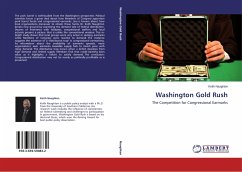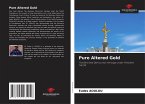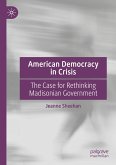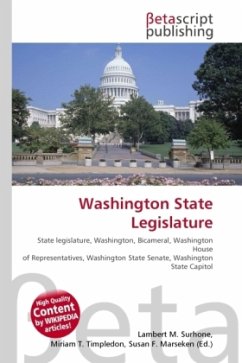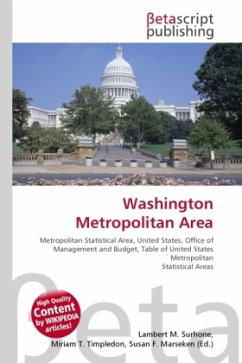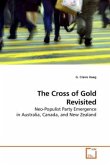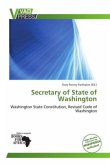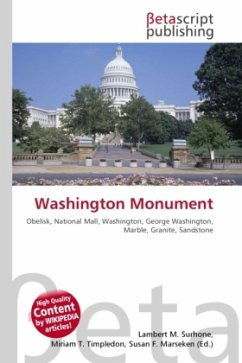The pork barrel is well-studied from the Washington perspective. Political scientists know a great deal about how Members of Congress apportion pork barrel funds and congressional earmarks. Less is known about how local organizations maneuver to obtain these funds. Dr. Keith Naughton breaks new ground by examining the demand side of federal distribution. Dozens of interviews with lobbyists, congressional staffers and local activists present a picture that is unlike the conventional wisdom. This in-depth study shows that local groups were very active in seeking earmarks while Members of Congress were reactive to demand. The evidence suggests the existence of a "distributive trap" in congressional earmarking. As information about the availability of earmarks spreads, more organizations seek earmarks. Available supply fails to match pace with rising demand. The distributive trap occurs when a deficit develops from high demand and limited supply. Members find that credit-claiming loses value as it highlights a failure to satisfy demand. The conclusion: Congressional distribution may not be nearly as politically profitable as is presumed.

